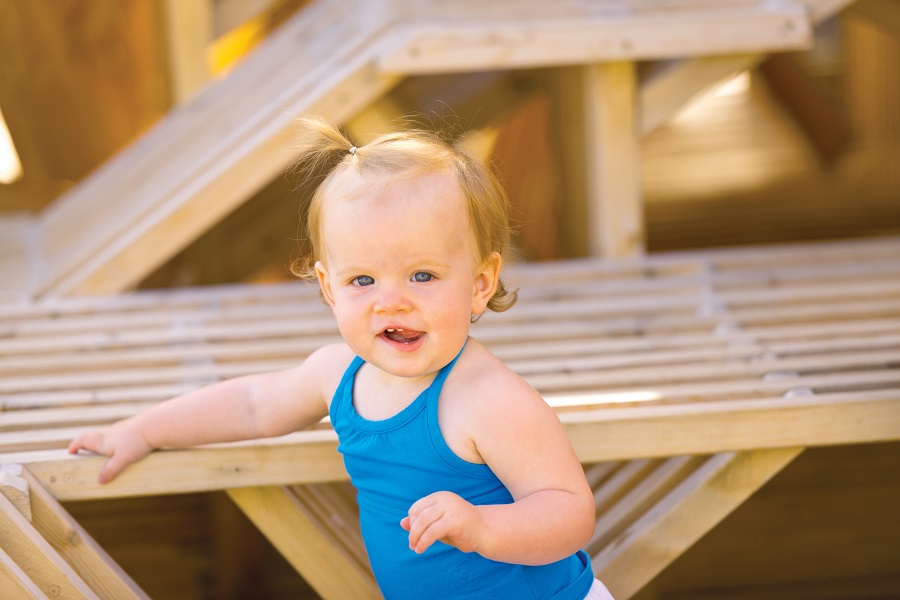The Myths Unraveled – Babies and Bottles
By Jill Feilmeier on August 14, 2012 in Kid's Health

When a new baby is brought into this world, many parents feel an unmatched sense of protectiveness over their child. If their child falls, they are there to pick them up and sooth them. If a child gets sick, parents stay up all night comforting them.
Parents spend a great deal of time soothing an uncomfortable baby, but many don't afford that same kind of diligence to their child's oral health. Many times this negligence isn't purposeful; it is merely not common knowledge.
Bottles and pacifiers used in the early years can contribute to tooth decay. We've outlined some MYTHS and FACTS of children’s oral health to help parents understand how to set their children on the right path to a lifetime of healthy smiles!
Letting my baby go to sleep with formula is fine – MYTH
Milk, formula, juices, and other sweet drinks such as soda all have sugar in them. Sucking on a bottle filled with liquids that have sugar in them can cause tooth decay. Decayed teeth can cause pain and can cost a lot to fill. Only water should be used for nap or bedtime bottles. Or, try using a pacifier instead.
You don’t have to start brushing children's teeth until they have three of them – MYTH.
Clean your baby’s teeth as soon as they come in with a clean, soft cloth or a baby’s toothbrush. Clean the teeth at least once a day. It’s best to clean them right before bedtime. Begin flossing when all baby teeth have erupted, usually by age two and a half.
My child will get their teeth clean enough by brushing themselves – MYTH
Young children cannot get their teeth clean by themselves. Until they are seven or eight years old, you will need to help them brush. Try brushing their teeth first and then letting them finish. And be sure that you put the toothpaste on the brush, use only a pea-sized amount.
Cleaning my baby's pacifier by putting it in my mouth will do the trick – MYTH
Tooth decay is caused by bacteria which live in the mouth. Mothers who carry these bacteria—especially those who have many cavities or fillings—can pass them to their baby or child through their saliva.
Children should have their first dental checkup at one year old – FACT
A child's first visit to the dentist should be made by his or her first birthday, or within six months after the first tooth erupts, whichever comes first.
Setting your children on the right path is vital to life-long good oral health. By teaching them the habits of brushing and taking them to the dentist by their 1st birthday, you can decrease their chance of tooth decay. For more information on children and good oral health, visit our Dentist by 1 website.